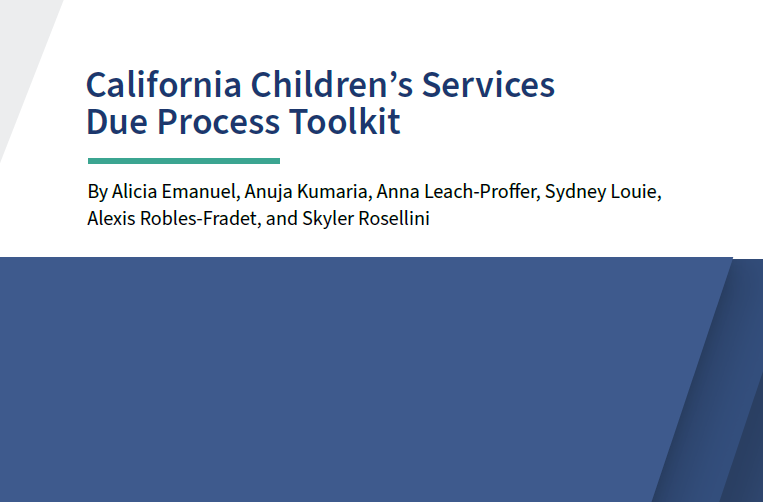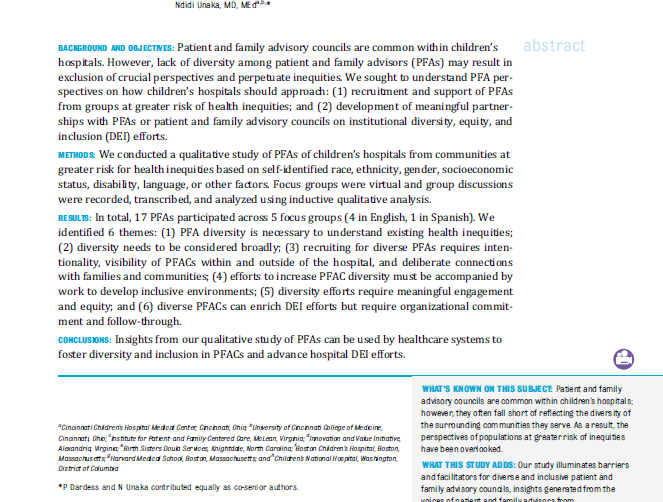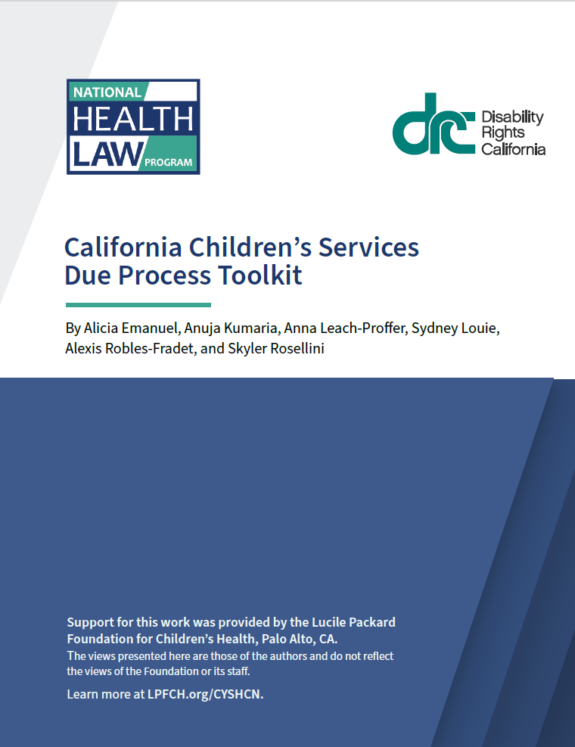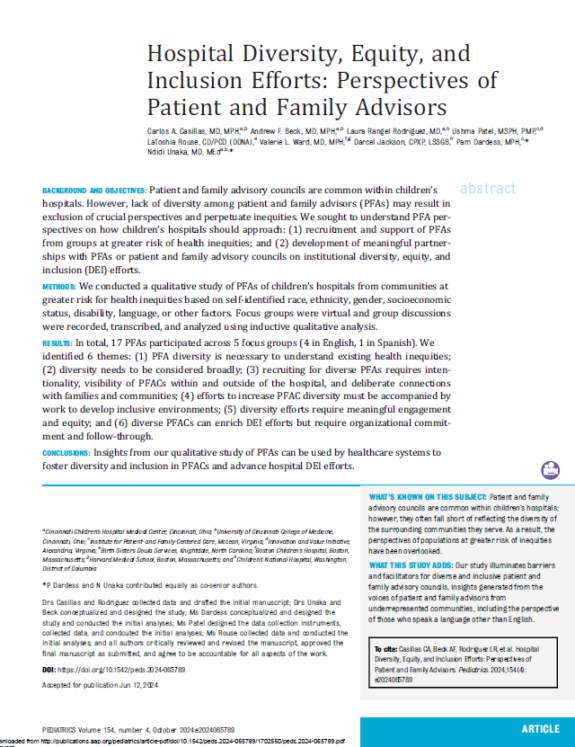Profile: Bonnie Strickland, Director of the Division of Services for Children with Special Health Needs, Maternal and Child Health Bureau
One of the most powerful moments in Bonnie Strickland’s career came after a talk she gave in Akron, Ohio, some 20 years ago.
“A mother of a youth with cerebral palsy came up to me and said, ‘Bonnie, that was a great presentation. But when is my life going to change?’ Strickland said. “The basic message was that the system wasn’t functioning to make her life easier. I’ve never forgotten that.”
As director of the Division of Services for Children with Special Health Care Needs in the federal Maternal and Child Health Bureau (MCHB), Strickland and her staff work to improve the system of services for children and youth with special health care needs through leadership, partnership, and grant-making.
The Division, part of the U.S. Department of Health and Human Services’ Health Resources and Services Administration (HRSA), administers Title V block grants, which in California fund part of the California Children’s Services (CCS) program.
The Division’s discretionary grant programs are intended to build upon evidence-informed practices, research, and training. They cover a broad range of issues related to genetics, specific conditions such as traumatic brain injury, and building better systems of care for all children and youth with special health care needs.
One example: the upcoming release of State Implementation Grants for Children with Special Health Care Needs is designed to support state efforts to assure access to and quality of care for this vulnerable population through the Affordable Care Act (ACA).
Strickland’s career with special needs populations began as a special education teacher and led to a Ph.D. in special education. In the mid-1980s, she was recruited to the Department of Defense Dependent Schools to direct implementation of the Individuals with Disabilities Education Act (IDEA) in special education programs for children of military personnel serving overseas. Upon returning to the United States, Strickland spent four years in academia before making her way to MCHB, where she led multiple Division programs before becoming the director of the Division of Services for Children with Special Health Care Needs in 2006.
Strickland said she is excited by the prospects of the Affordable Care Act to help children access the health care they need. But over her long career, she has heard a consistent message from families of children with special health care needs:
Often, the problem is not so much about the quality of care that the child eventually receives, it’s about the fragmentation of the system that families encounter in trying to access those services and care.” Strickland said. “Families often say, ‘once we got to the right place, my child received good care’ – but families report problems with gaining access to care, being listened to, having adequate financing to pay for needed services.”
Over the past decades, families and providers have increasingly realized that the “functional aspects of chronic conditions are as important as the diagnosis itself,” Strickland notes. “Children with special health care needs aren’t necessarily ‘sick’ – they’re living with chronic conditions that can range from very mild to very complex, but they can still thrive, be resilient, and follow the same, or similar, life course as typically developing children.”
That’s why Strickland and her staff are working, with many partners, to achieve six measures of a well-functioning system of services for children with special health care needs:
- Families of children and youth with special health care needs partner in decision making at all levels;
- Children and youth with special health care needs receive coordinated ongoing comprehensive care within a medical home;
- Families of CSHCN have adequate private and/or public insurance to pay for the services they need;
- Children are screened early and continuously for special health care needs;
- Community-based services for children and youth with special health care needs are organized so families can use them easily and families are satisfied with the services they receive;
- Youth with special health care needs receive the services necessary to make transitions to all aspects of adult life, including adult health care, work, and independence.
Strickland says that while the Bureau and its partners have made significant progress in raising national awareness of these measures, it’s been harder to see collective and concrete impact for states, communities, and families. Tools are needed to put these principles into action.
“Standards and guidelines are currently being developed through a partnership with Lucile Packard Foundation for Children’s Health and the Association of Maternal and Child Health Programs,” she said. “That is a real step in the right direction.”




